Two years ago, the hashtag #MeToo went viral, exploding onto timelines across the world when high profile women from Hollywood came out with stories of abuse at the hands of Harvey Weinstein, a powerful Hollywood executive, and film producer. Actresses such as Alyssa Milano, Rose McGowen, Uma Thurman and Angelina Jolie accused Weinstein of several sexual violations including rape and sexual aggression.
At the height of the movement, it appeared as though women, who had previously been silenced by shame and fear, became emboldened by the rallying cry and were using the hashtag to finally share their painful experiences of sexual assault.
What had long been a phrase which women whispered to each other in secret for comfort, support and solidarity in the face of sexual violation, suddenly opened the floodgates and tore the veil off the Hollywood’s glitzy façade.
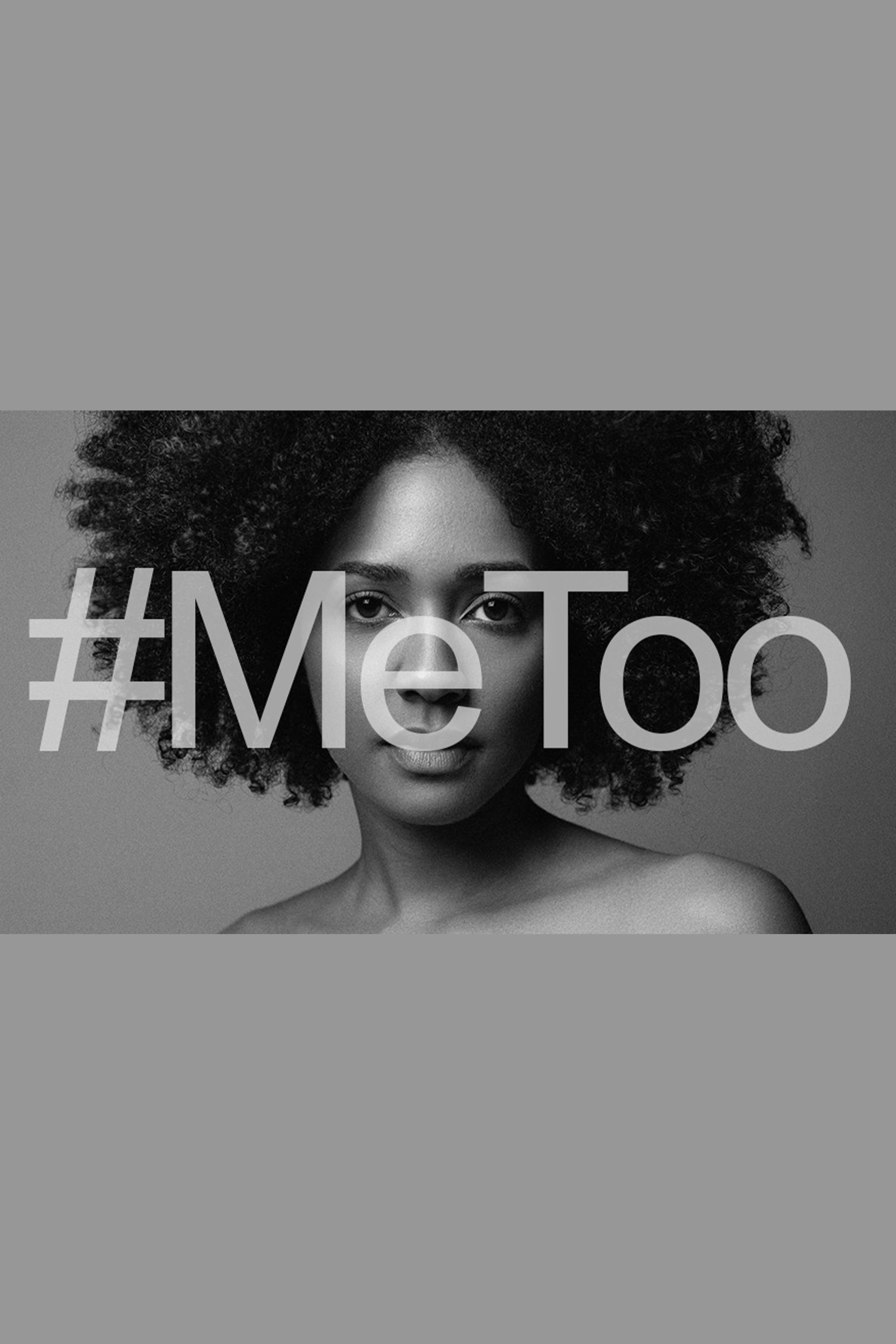
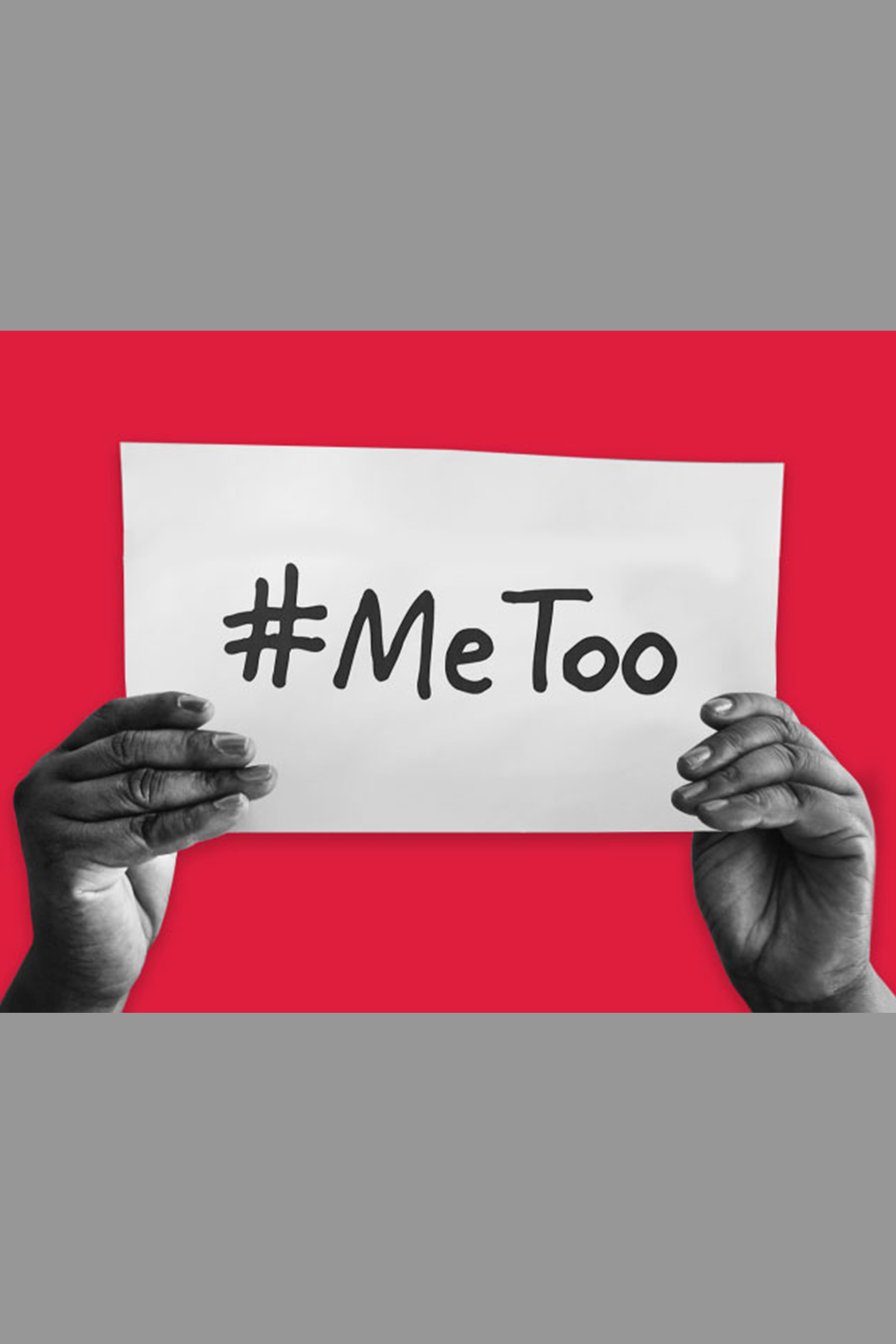
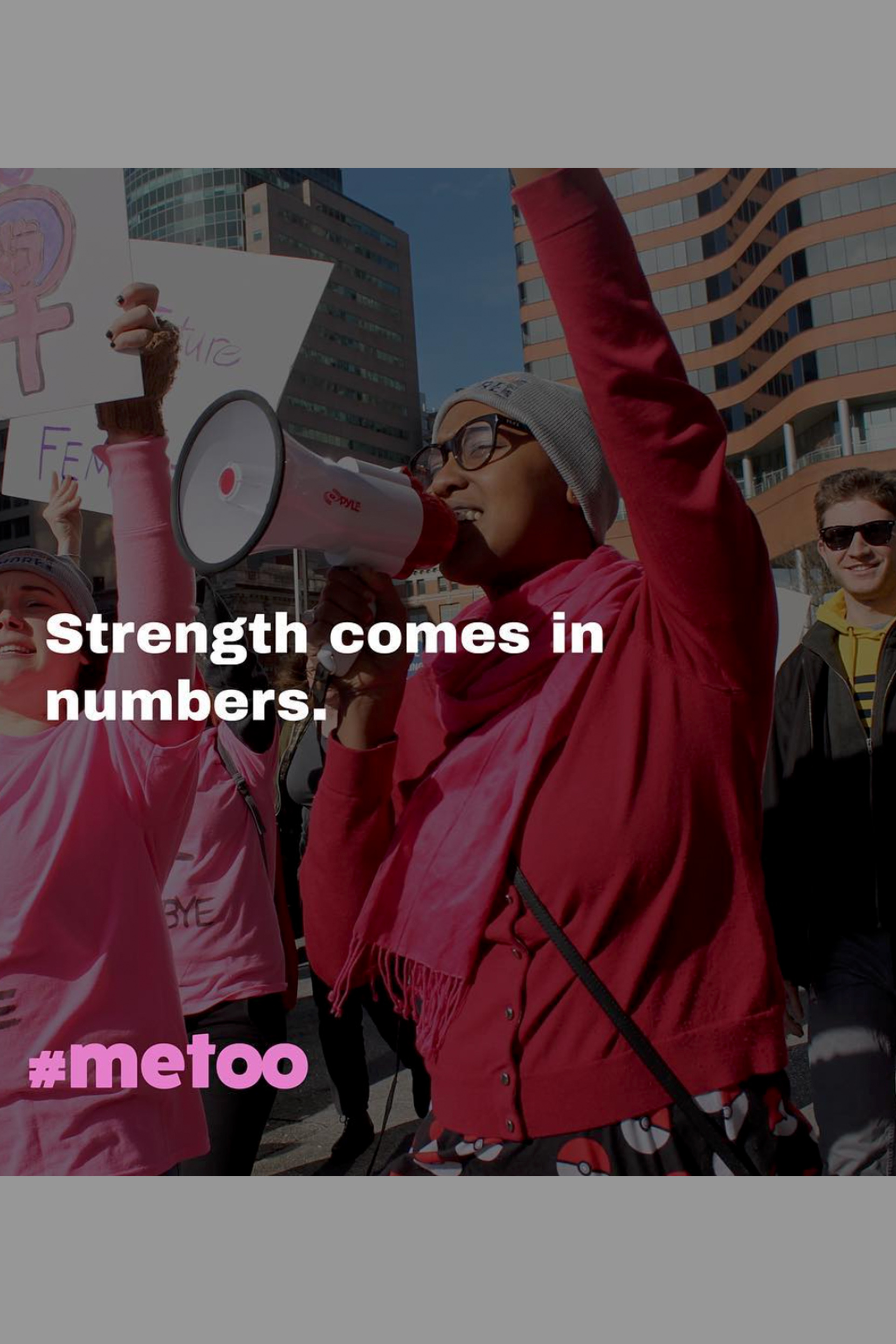
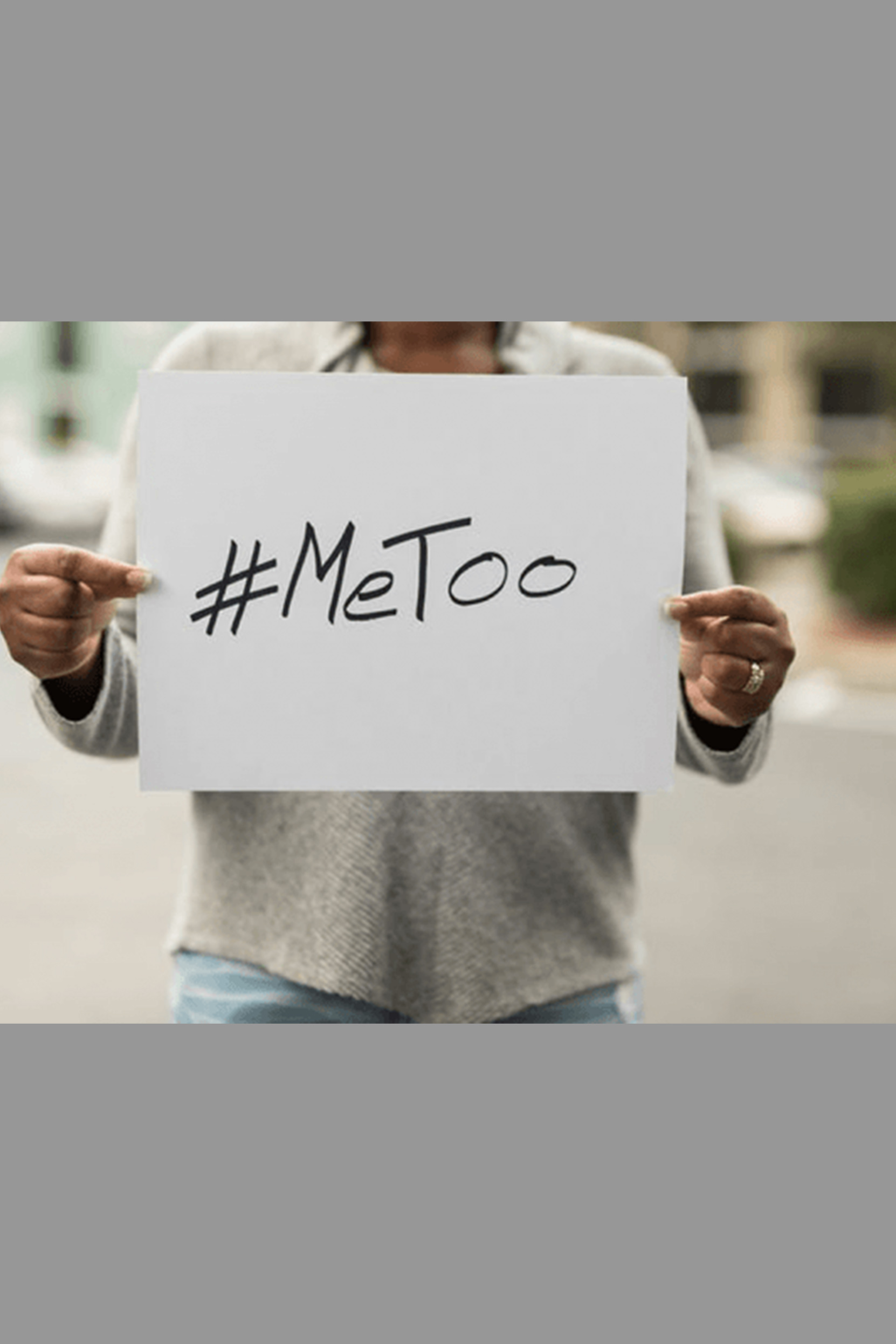
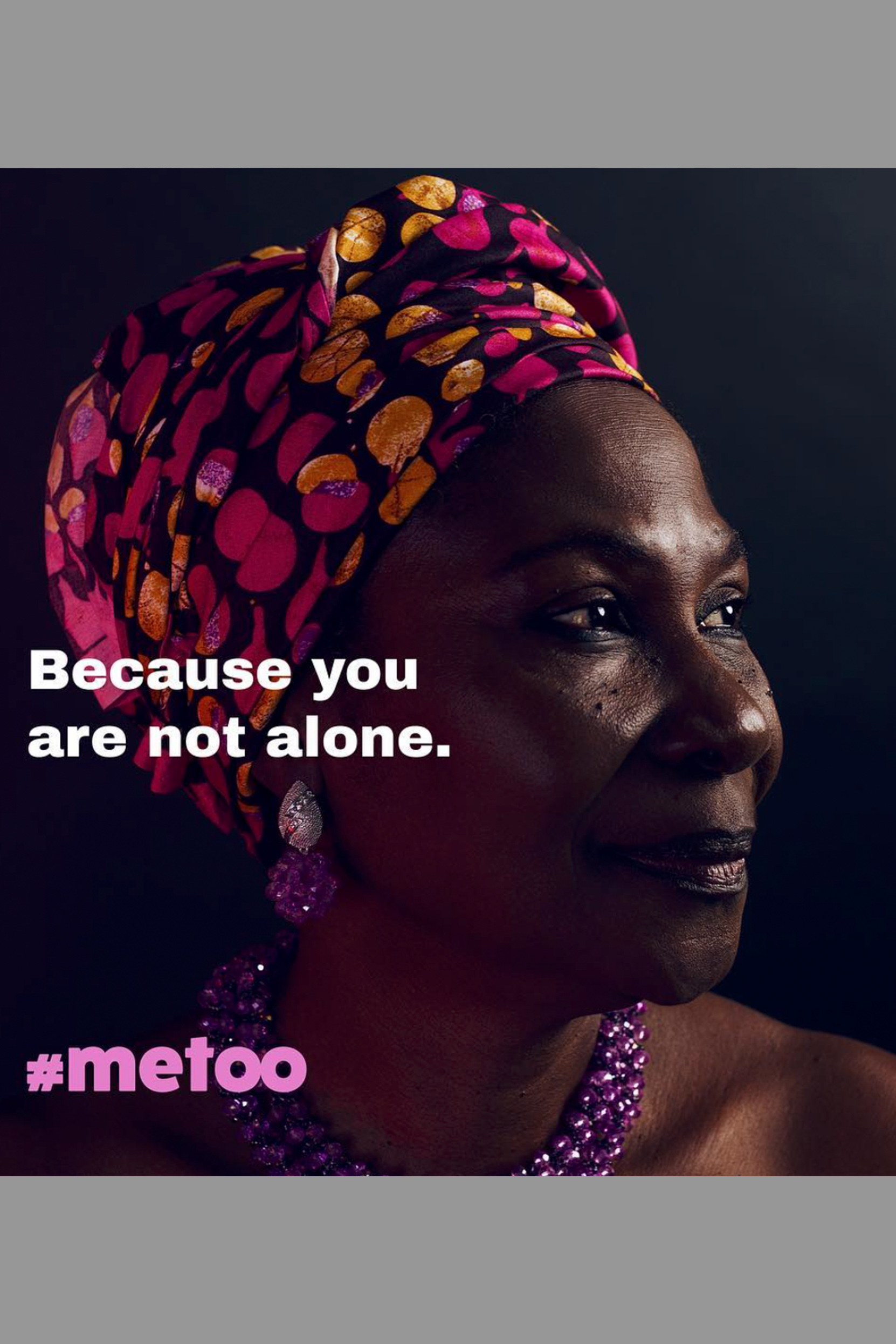
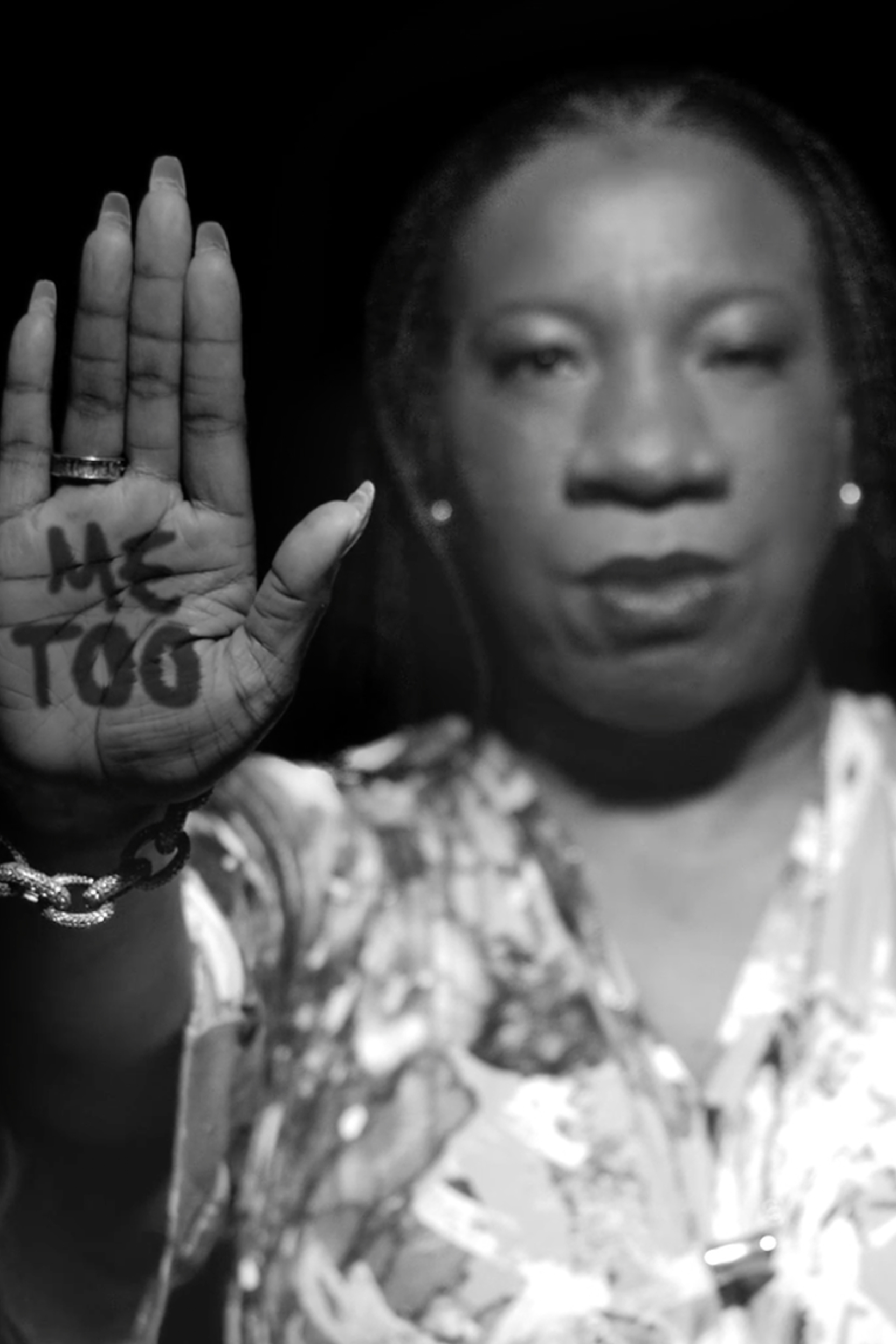
The hashtag, coined by Tarana Burke, Senior Director at Girls for Gender Equity, a non-profit organisation based in Brooklyn, New York City, has since been described as a global movement. Women across the globe, from India to South Korea, have taken up the call to confront men in powerful positions and South Africa has not been immune to the tide.
As a country with an extraordinarily high level of sexual assault and violence against women, it was perhaps only a matter of time before South African women joined the movement. According to Stats SA, one in four South African women will experience sexual assault in their life time. A 2018 Stats SA report titled: Crime Against Women in South Africa: An In-Depth Analysis of the Victims of Crime Survey Data, noted that the “South African murder rate of women is more than five times the global average.”
The South African Police Service describes sexual offenses as acts “which involve sex without consent, unwanted sexual touching, or being forced to engage in humiliating sexual activity.”
In early 2018, South Africa had the first inklings of a Weinstein moment when a handful of women came forward with claims of rape and sexual misconduct against celebrated film and television director, Khalo Matabane. One woman, @iamzathemum claimed on Twitter that the film-maker raped her in a Cape town hotel during the 2010 World Cup.
“#@khaloMatabane “Tell me did it make you feel like more of a man when you heard my muffled pleas, begging you to stop? Did you feel powerful, invading my body, destroying the little teenager in me? Did you feel accomplished, when you stole my virginity, you broke me,” she wrote.
Another woman, actress, Bubu Mazibuko Masina also came out on Facebook about her experiences at the hands of Matabane. Using the hashtag #MeToo, Masina wrote about meeting Matabane at a New Year’s Eve celebration party in 2005/2006. She alleged that the director kissed her without her consent.
“A little after midnight Khalo came out of nowhere, dipped me, planted a wet one on me and proceeded to shove his tongue down my throat,” she wrote.
The director of Nelson Mandela: The Myth and Me has vehemently denied the accusations and is taking legal action against one of the women according to Variety.
Like Hollywood, predatory behaviour appears to be thriving in the film and television industry in South Africa. According to a 2017 study done by Sisters Working in Film and Television, (SWIFT) 66,7% of women working in in the industry feel unsafe in their workplace due to a culture of “normalised, inappropriate, uncomfortable and unsolicited hugging, butt-slapping and other accidental contacts, including that of the genitals.”
The report also found that “64.5% of [the] respondents said they were non- consensually touched”.
Charl Blignaut, Arts Editor at City Press, says one of the many other ways predatory behaviour by people in positions of power manifests in the industry is the ‘Casting Couch’. This is where someone in a position of power demands sexual favours in return for work or career advancement. Young starry-eyed hopefuls are the most vulnerable, he says.
“In the Instagram era, everyone wants to be famous. People are desperate to get ahead especially in a country with such high levels of poverty and inequality, people get preyed on,” he says.
On some productions Blignaut, who is working on an ongoing investigation on abuse in the entertainment industry, says ‘Casting Couch’ is an open secret. One director in particular is known for perpetuating this practice. The director prefers vulnerable women who are orphaned and raised by their grandparents.
“They are brought to Joburg, they stay in a house in the northern suburbs, and they are called mattresses. The whole production knows about it,” he says.
Norman Maake, director, producer and screen-writer, agrees there are some people who take advantage of vulnerable people looking to break into the industry.
Maake explains that “many young people drift towards the space of film and theatre because of easy access to opportunity. There is often a grey line when it comes to jobs. [While] professional filmmakers are always looking to nurture talent…others are looking for something else”.
Sexual harassment is not unique to the film and television industry and is indicative of a larger problem in South Africa.
A study done by Culminate released last year found that of the 1000 participants in the study: “30% of women and 18% of men reported having been victims of unwanted sexual advances in the workplace.”
According to a report titled: Rape Justice in South Africa‚ conducted by the Medical Research Council (MRC) on behalf of the NPA‚ the “overall the conviction rate of rape trials is below 50% and given the selection of cases for trial this is much too low.”
When Harvey Weinstein was exposed as an alleged sexual predator it appeared that a large number of women felt comfortable coming forward to speak about their experiences. However, the number of women coming out in South Africa has been small and the momentum seems to be a trickle more than a tide. A deep distrust in the criminal justice system may have a role to play, Blignaut says the other reason is the deeply patriarchal culture of South Africa and the backlash women face when the speak out.
“When the patriarchy fights back, they do it in a very vicious way…the women that come forward are not here to gain anything, there is nothing to gain, its hell,” he explained.
The 2018 report noted that “attitudes and beliefs are the key factors that drive crime and particularly violence against women. Non-progressive attitudes and beliefs among the people of South Africa, including women, remain a major challenge in fighting crime against women.”
However, when more women come forward, it creates a safer place for women to come forward says Blignaut. When high profile women in the industry such as actress Rosie Motene and award-winning film maker, Palesa Letlaka came forward to talk about their experiences with Motene, Blignaut says more women felt confident to tell their stories.
“Because they used their voices, more and more women came forward,” he explains.
In her open letter recounting her experiences with long time Letklaka, a prolific South African filmmaker, acknowledged the risk women were facing in coming out with their stories.
“It is hard for you. It’s even harder for the women speaking up. It could limit their future work, ruin their careers in an industry run by men such as yourself. They have everything to lose,” she wrote.
In America the movement led to a handful of men like actor Kevin Spacey losing their jobs, while others, like comedian Louis CK, where given a slap on the wrist and subsequently welcomed back into the industry. In South Africa, it is yet to be seen whether the women’s stories will lead to the men accused being held accountable for their actions.
Maake admits that there is a lot that needs to be done to keep women safe in the industry. Laws and regulations would go a long way to ensuring a safe working environment for vulnerable people, he says.
“The #MeToo movement is essential to any industry that deals in an unprofessional manner, but we also need strong regulation to guide and enforce this otherwise all that the #MeToo movement will ever achieve is social media trends and not real change and accountability,” said Maake.
Still, Blignaut says the movement is instrumental in holding men in power accountable and encouraging victims to come forward with their stories. In the sister-industry to the film & TV industry, the lid so tightly sealed on the dark reality of R.Kelly’s victims, has finally be lifted off with the release of the explosive 6-part series Surviving R.Kelly.
Perhaps this change in climate is a casting call for the South African entertainment industry to have its Weinstein moment. Only the courage of the marginalised, coupled with the support of the influential will tell.
thebar. Magazine
thebar. is an online magazine, concerned (read: obsessed)
with the local and international film industries.
Our purpose is to elevate these industries and their leaders
by showcasing high quality, breakthrough content which
elicits a strong response from those working inside
the industry and outside it.
Related Posts
7th Oct 2019
Ayanda Thabethe – The evolution of a woman who has come full circle
Actress and TV host Ayanda Thabethe has…



